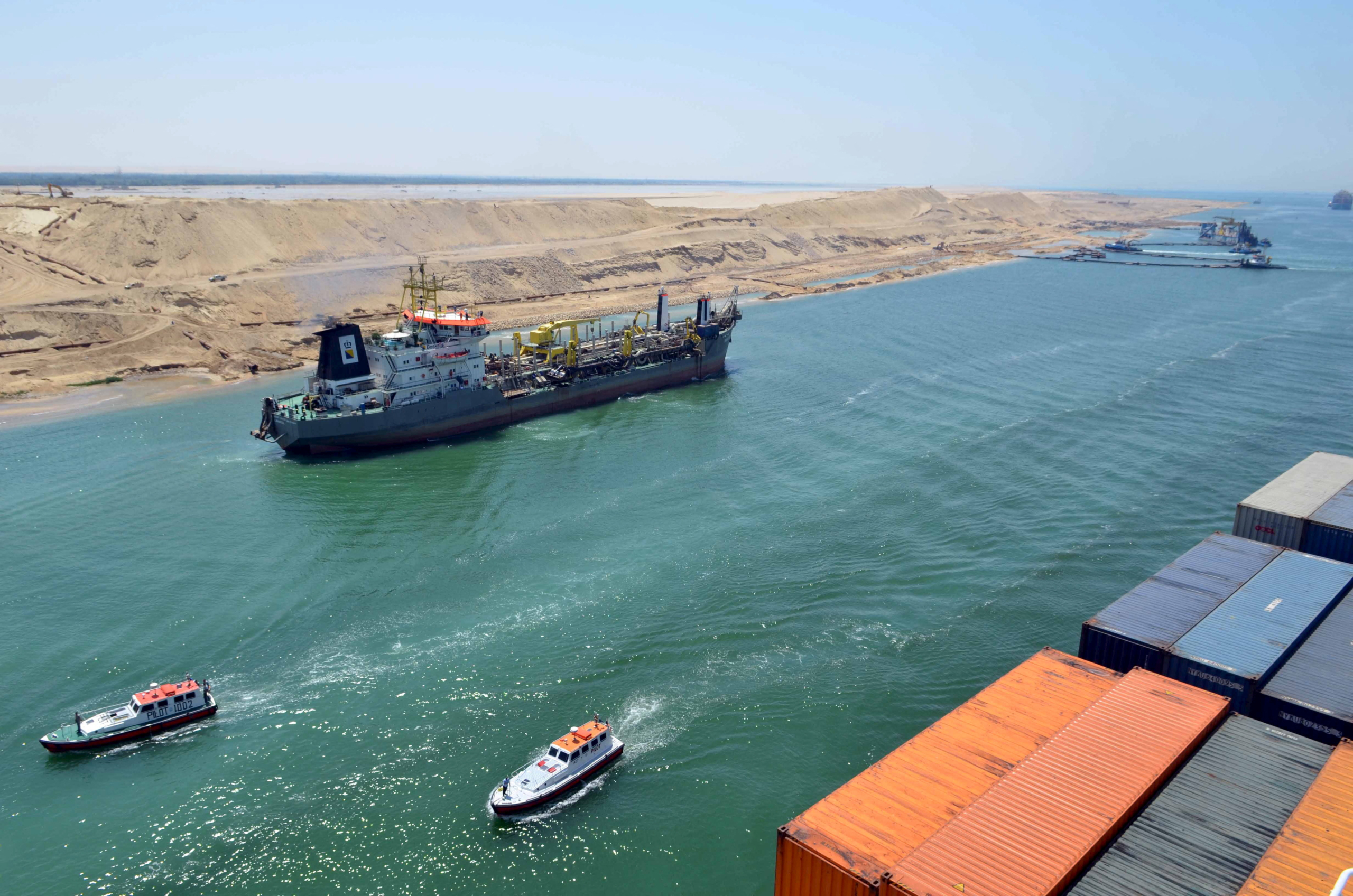Publish: Jan 04, 2024
Suez Canal Disruption and Remcoda’s Strategic Approach
As we usher in 2024, the global shipping industry grapples with persistent disruptions in the Suez Canal, a vital trade route. November 2023 witnessed unsettling events, including attacks on vessels in the Red Sea, triggering significant repercussions. Major carriers swiftly rerouted ships, prompting logistics managers to reassess contingency plans.
Attacks by Yemen’s Houthi group on commercial ships in the southern Red Sea intensified the situation. Shipping companies opted to divert vessels, avoiding the Suez Canal route amid rising tensions between Israel and Hamas.
This re-routing adds both cost and time to journeys, with oil prices and war risk insurance premiums surging.
Swift Responses from Carriers
The potential threats of Houthi-led attacks on cargo ships prompted swift action from carriers. Rerouting vessels through the Cape of Good Hope became common, though not without challenges. The Suez Canal Authority reported that only 55 vessels were rerouted through the Cape of Good Hope as of Nov. 19, significantly fewer than the 2,128 vessels transiting the canal during the same period in 2022. Notable carriers such as Maersk, CMA CGM, Hapag-Lloyd, MSC, ONE Line, Evergreen, OOCL, and ZIM implemented measures to secure cargo and mitigate risks, albeit with surcharges and potential disruptions.
Exploring Alternatives: The Cape of Good Hope
As the Suez Canal faces challenges, shipping lines are exploring alternative routes, with the Cape of Good Hope in South Africa being a prominent choice. However, this alternative comes at a cost, both in terms of longer transit times and increased freight expenses. Michael Zimmerman, a partner at Kearney, estimates that a journey from Singapore to Rotterdam around the Cape adds an extra 3,500 kilometers by container ship, incurring additional fuel costs ranging from $500,000 to $1,000,000. Shippers may also need to adjust their inventory timelines by an extra 20-30 days.
Impact on Ocean Freight Rates
Freight rates are expected to rise, especially on the Asia to Northern Europe route. Ocean carriers like ZIM have already increased rates for specific services, with shippers facing higher costs in the range of $3,300 to $3,400 per forty-foot equivalent unit. While spot rates are on the rise, experts believe that extreme rate spikes, as seen during the 2021 Suez Canal blockage, are less likely due to excess capacity in the industry.
Goods Most Affected and Material Sourcing Strategies
The 2021 Suez Canal blockage impacted various industries, including retail giants like Walmart and Ikea. This time, the Asia to Europe trade lane is expected to be most affected, given its significance as a critical artery for global trade. Shippers need to be cautious about potential disruptions in the supply chain for goods sourced from Asia, such as apparel, toys, and electronics. Remcoda advises clients to explore alternative modes of transportation, such as air, for commodities that can be shipped through these means.
Additionally, Remcoda actively promotes material sourcing strategies, including multi-sourcing and utilizing suppliers in closer proximity to manufacturing hubs. This approach adds resilience to the supply chain by reducing dependency on a single source and minimizing the impact of disruptions in specific regions.
The Remcoda Advantage: Mitigating Risks and Ensuring Business Continuity
In response to the challenges, Remcoda reinforces its commitment to resilience through a robust dual-sourcing strategy. Recognizing the imperative to diversify the sources of key materials, we strategically partner with multiple suppliers to minimize the impact of disruptions in any one region or shipping route, ensuring a reliable and uninterrupted supply chain for clients.
Our long-standing safety stock approach plays a pivotal role in safeguarding clients against unforeseen disruptions. By maintaining an adequate buffer in inventory, we proactively prevent stockouts, enabling smooth operations even in the face of supply chain uncertainties. Remcoda’s dedication to business continuity is evident in our meticulous approach to inventory management. We are closely monitoring rate changes and working proactively to negotiate favorable terms for clients. Our commitment to cost-effective solutions remains unwavering.
Furthermore, Remcoda actively reviews insurance premiums to ensure comprehensive coverage in situations where risks are evident. Understanding the paramount importance of protecting clients’ cargo, we provide solutions that prioritize both efficiency and security. Remcoda has always had dual-sourcing strategies in place, and we leverage these established practices to navigate the current challenges with increased agility and precision. Our proactive measures reflect our unwavering commitment to the efficiency, security, and resilience of clients’ supply chains.
